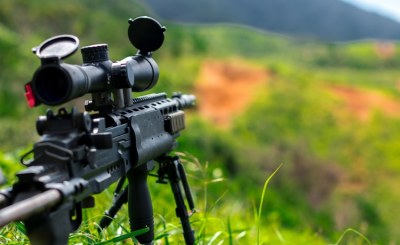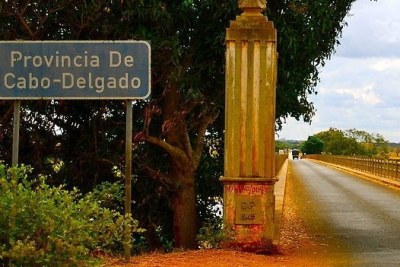-
Mozambique: Worsening Conflict Rooted in Poverty, Repression, Intolerance
allAfrica, 20 February 2020
Mozambique has had a troubled history. Portugal gained control of parts of the Indian Ocean coast in the 16th century and ruled, often brutally, until 1975. A 10-year armed… Read more »
-
Mozambique: 'The Fight Against Terror Cannot be Based on Terror ' - Yussuf Adam
Mozambique News Reports And Clippings, 17 April 2020
Cabo Delgado Read more »
Mozambicans Demand Dialogue & 'Democracy Dividend' to Build Peace
Idyllically beautiful Mozambique, the world's seventh poorest nation in some rankings, has what may be the seventh largest deposits of hydrocarbon reserves, especially natural gas. That combination of extreme poverty and extreme potential wealth has been called "the curse of oil", and African countries such as Angola and Nigeria are examples of destabilizing rich-poor gaps. In both Nigeria on the continent's west coast, and Mozambique on the east, growing violence is widely attributed to Islamic supremacists, with authorities often blaming outside insurgents. But scholars and researchers are becoming more assertive in cautioning against simple explanations and military responses - using research and data to argue that diplomacy, dialogue and more equitable access to jobs, health care and education are the only effective strategies.
Eduardo Mondlane University's Yussuf Adam has worked for years in the most troubled area of northern Mozambique and is pressing for faculty and students from institutions of higher education to apply their knowledge through engaging with communities.

As Mozambique reeled from the consequences of one tropical storm, the powerful Cyclone Kenneth slammed Cabo Delgado province last April, affecting at least 200 thousand people, many already displaced by conflict.
InFocus
-
Unknown gunmen attacked six communities and torched a teacher training college in Quissanga district, in the northern Mozambican province of Cabo Delgado, in the space of less than ... Read more »






